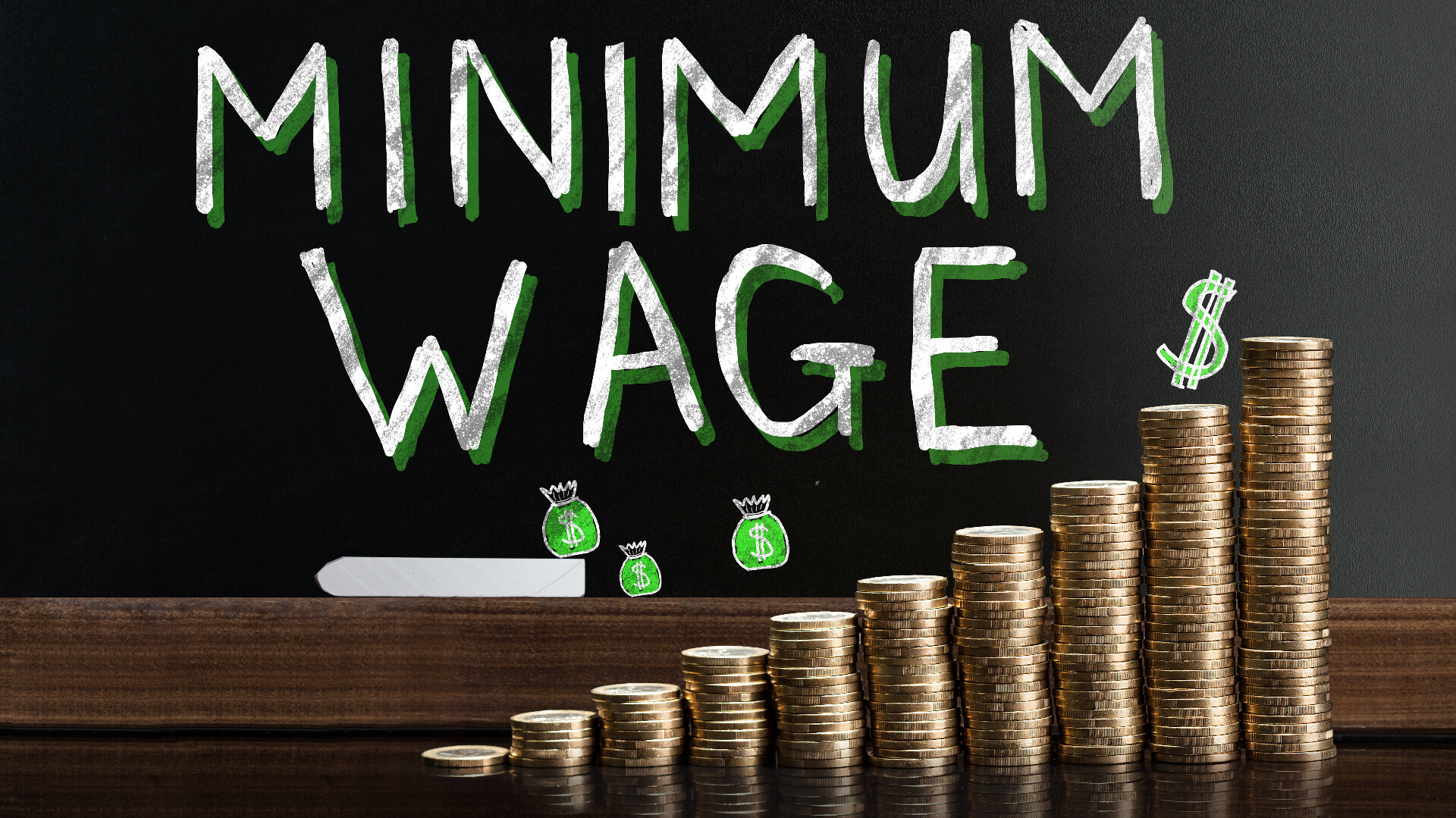Related Articles
Relevant Topics
In the wake of the $15 minimum wage movement, some employers are opting to voluntarily increase the wages of their workers. Implementing across the board minimum wages for all of their workers, these employers say the higher wages will boost morale, improve productivity and reduce turnover. Whatever their motivation, such announcements usually come with a fair amount of media attention praising the employer’s generosity while minimum wage advocates hail the decision as proof every employer can afford to pay a higher wage.
But two employers are learning the hard way that across the board minimum wage hikes do not always boost morale, improve productivity or reduce turnover. In fact, such wage policies are having the opposite effect, as workers complain they are unfair and reward fellow employees who don’t work as hard.
Seattle-based company Gravity Payments announced earlier this year, with much fanfare, it would increase the salaries of all of its employees to a generous $70,000 per year. A quarter of the company’s employees would see their salaries double.
As a result, The New York Times reports two of the company’s most valued employees quit because they thought it unfair to double the pay of workers who had not been with the company as long or had fewer skills, while the most skilled and longest-serving employees received small or no pay increases.
The company’s financial manager, who had worked for the company for five years and put in long hours to earn her title, complained:
“He gave raises to people who have the least skills and are the least equipped to do the job, and the ones who were taking on the most didn’t get much of a bump.”
The company’s web developer echoed that sentiment:
“Now the people who were just clocking in and out were making the same as me. It shackles high performers to less motivated team members.”
Both opted to quit their jobs at Gravity Payments. So much for reducing turnover.
Similarly, Walmart announced earlier this year it would increase the minimum wage paid to its store workers. New workers now earn a minimum of $9 an hour and will bump to at least $10 in February. About 500,000 of its 1.3 million U.S. employees now earn more as part of the company’s new pay policy. That leaves hundreds of thousands of unhappy Walmart workers who were already earning those wages or higher wondering why they didn’t deserve a raise.
Like Gravity Payments, many of the company’s workers say the increase is unfair; Walmart’s senior employees received no pay increase, and now make the same or close to what newer, less experienced coworkers earn.
One worker says the new pay policy is “pitting people against each other.” Another Walmart worker who earns $13 an hour worries the higher pay for new workers means there will be less money for future pay raises for him and other senior employees.
Forbes magazine points to the “equity theory of motivation” that predicts the discontent of both companies’ longer term and more skilled employees with the new pay policies. According to this theory, when two equally skilled workers are paid unequally, or conversely, when two unequally skilled workers are paid equally, it creates strife and turnover.
The same theory goes for pay raises—giving large raises to lower paid, lower skilled workers without commensurate raises for higher paid and higher performing workers creates the same problems.
It is widely accepted that the “wage compression” that occurs when the wage gap between entry-level and veteran workers is narrowed creates widespread discontent that can result in decreased productivity and increased turnover. In short, the pay scale hierarchy must be preserved or veteran workers feel underappreciated and unhappy.
The experience of Gravity Payments and Walmart highlights the inherent flaw with wage policies that artificially boost the pay of a company’s lowest paid and least skilled workers. Not everyone has equal talent or work ethic, so not everyone deserves to earn the same wage. No one understands this more than the workers doing those jobs. Research shows workers care more about how much a coworker earns than someone at another company. According to economics professor Laura Giuliano:
“Workers appear to pay attention to peer wages. Even a small difference can matter, and whether or not it is going to matter may well depend on whether it appears arbitrary or fair.”
This has long been a concern of employers opposed to an artificially high minimum wage. The longer-serving, more skilled workers are resentful and unhappy when new workers earn the same wage that took them time on the job to accomplish. Employers are forced to pay those tenured workers a higher wage in order to keep them happy. So employers end up facing an increase in labor costs far beyond just the cost of paying minimum wage workers more.
Of course, the difference between the wage compression issues faced by Gravity Payments and Walmart as compared to businesses that are forced to pay higher minimum wages is those companies voluntarily made the decision to pay workers more. Gravity and Walmart could decide to reverse course and lower wages if they decide their new wage policies do not work for their business model. Employers forced to pay an artificially high minimum wage have no such choice.




